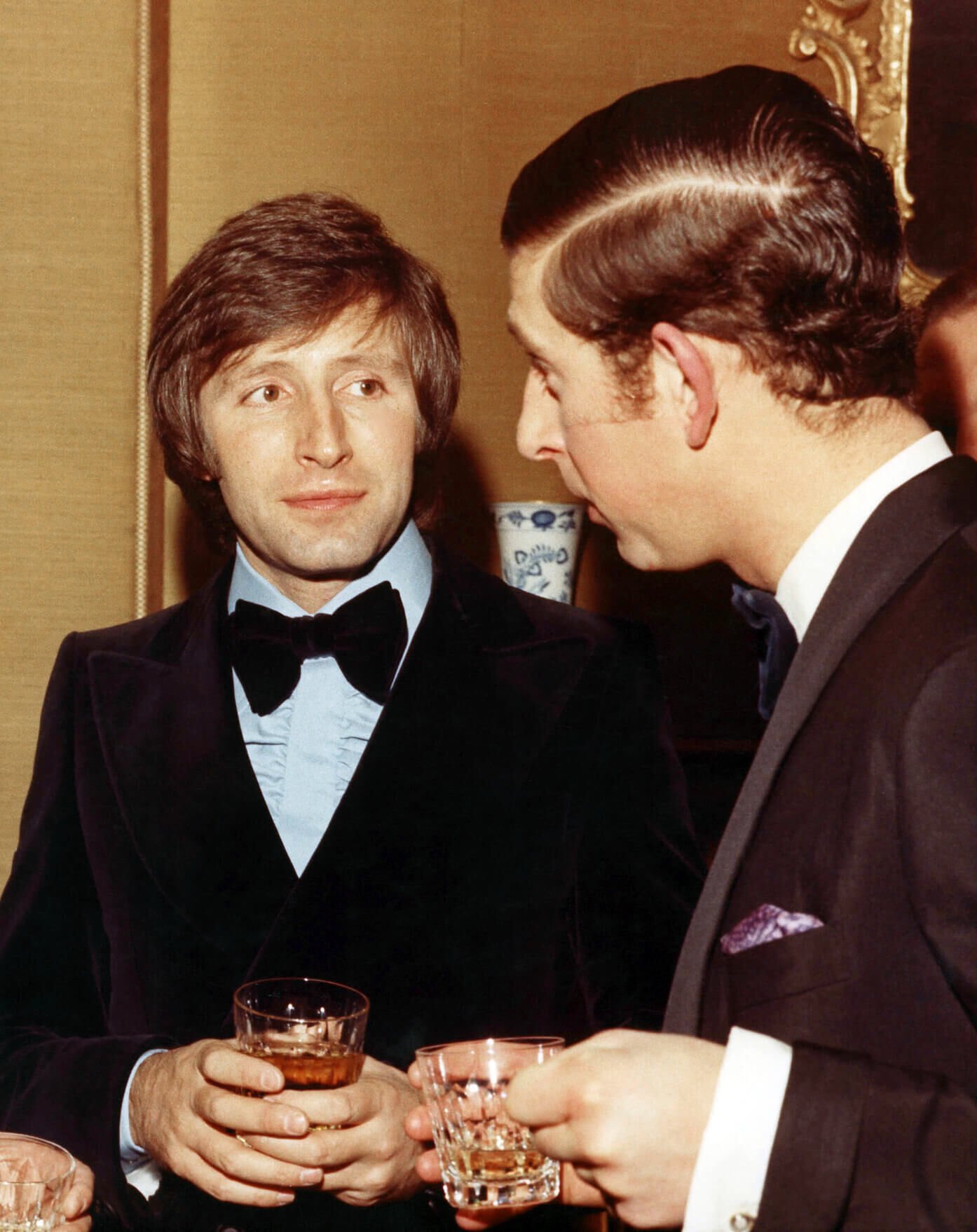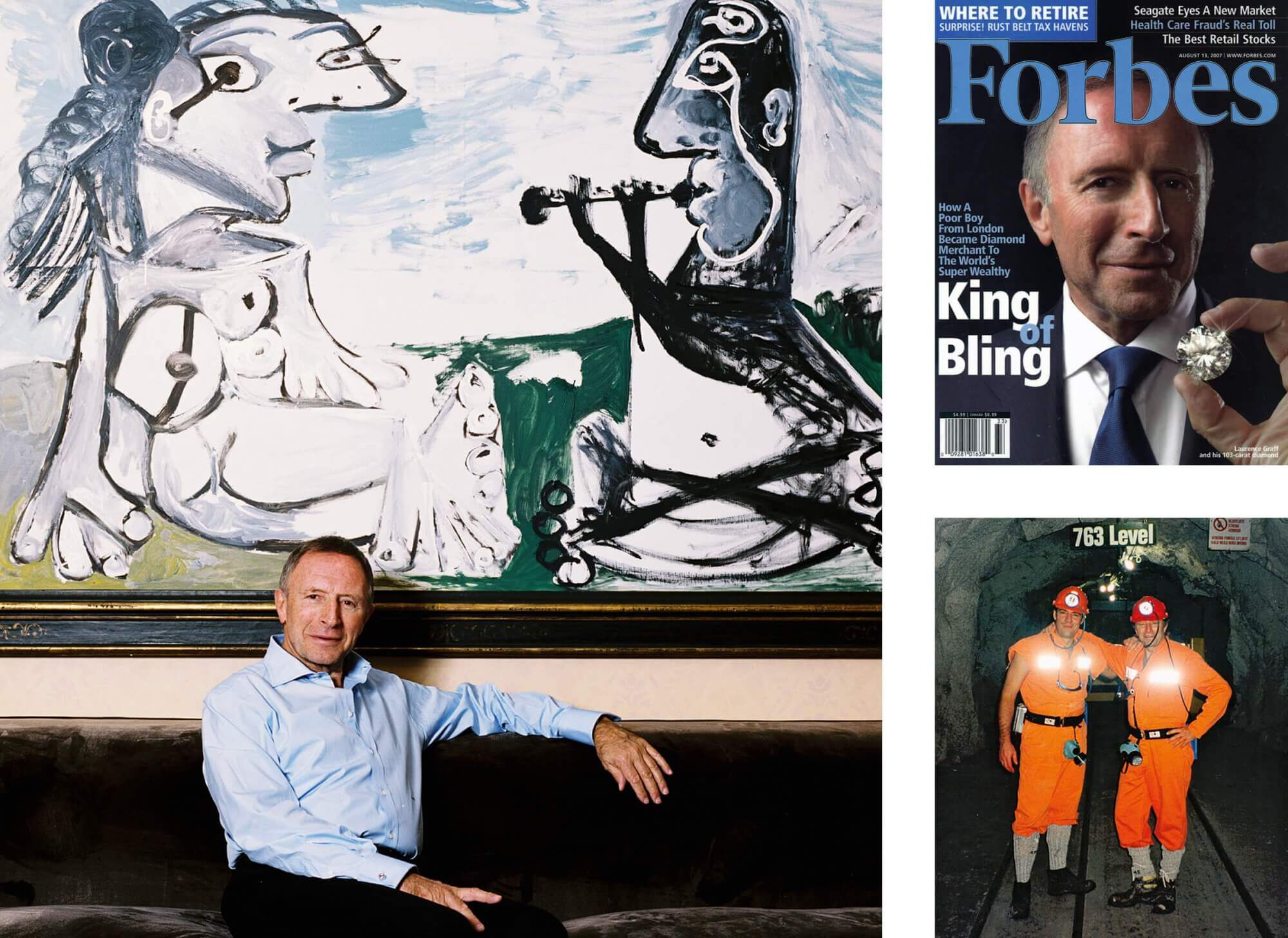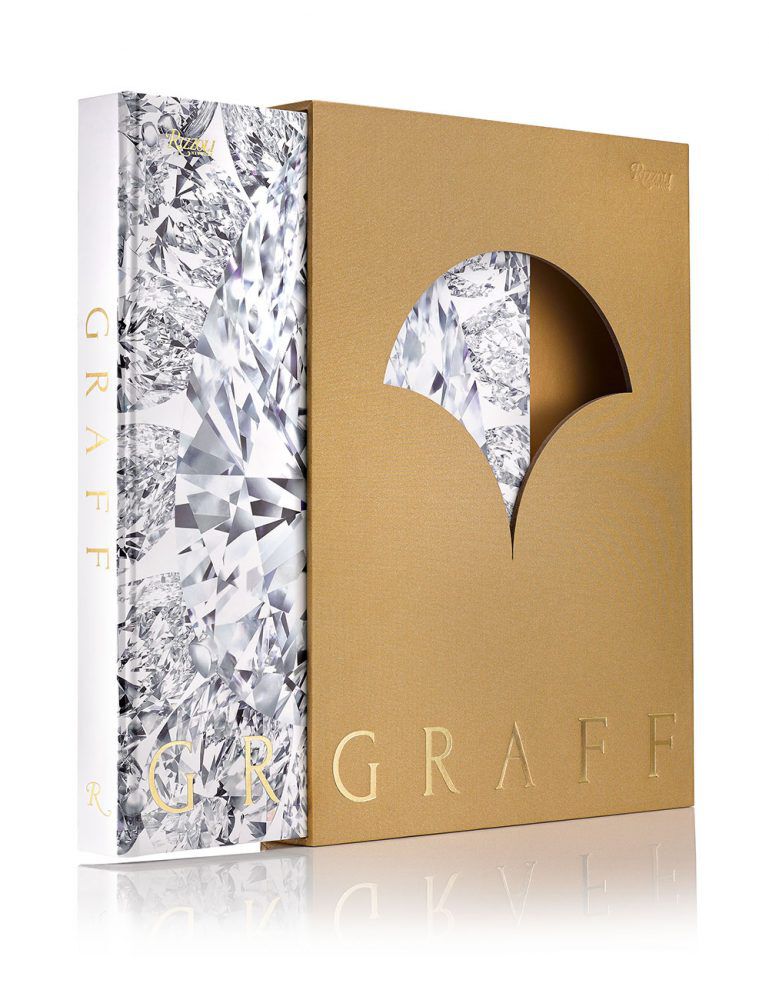Beginnings
A LIFE IN DIAMONDS
With his passion for gemstones and his talent for business, Laurence Graff OBE has journeyed from London’s East End to a place on the world’s stage alongside kings, presidents and cultural icons, writes leading jewellery historian Vivienne Becker.
‘I have always been fascinated by diamonds, I truly believe that working with diamonds is what I was born to do.’
When his mother took him, aged just 15, to his first job as an apprentice in Hatton Garden, she asked the owner, a Mr Schindler, “How far can he go?” The answer, prophetic, came back, “The sky’s the limit.” Yet, after three months of scrubbing floors, occasionally levelling a piece of metal, and learning his trade on day-release classes at the Central School of Arts and Crafts, young Graff was told he would “never make the grade”.
This proved to be more a provocation than a deterrent, he says: ‘I didn’t give up, but moved on with more determination.’ His entrepreneurial instincts and drive, inherited from his shrewd grandmother, Katie Graff – the business brain of the family, to whom everyone in their community went for advice – fuelled his ascent. ‘I come from a family of hard-working people and I was born with a will to succeed.’
Graff founded his first company at the tender age of 18, when he began working alongside a more experienced jeweller. ‘I suggested we set up in business and we formed a partnership, repairing Victorian jewellery.’ Laurence Graff’s entrepreneurial flair, opportunistic nature and courage in taking risks all contribute to his business trajectory. One such occasion occurred early on: he met a diamond dealer whom he persuaded to advance him 33 small diamonds for £60. ‘Instead of making 33 individual rings,’ Graff remembers, ‘I placed them all on one ring, creating a big flash of diamonds. I sold the ring to a jeweller in the north of England, who called me immediately after my return to London to say he had sold the ring and wanted to order another.’

He was inspired: ‘I thought of other ways to create unique rings that everyone would want. I took one diamond and placed six stones around it, then 12 stones around that to create a 19-stone cluster. After making all-diamond rings, I started working with emeralds, rubies and sapphires as well.’ Graff Diamonds was established in 1960, and, two years later, the first two retail boutiques opened in London, at a time when the jewellery industry was traditionally wholesale and workshop-based. It was also highly conventional, and Graff – often labelled a maverick – worked on ideas for creating more adventurous jewellery.
In 1967, keen to reach an international clientele, and aged just 29, Graff decided to take his designs into a wider world of opportunity, and began a series of journeys and exhibitions around the globe. With each visit to a palace or to a private yacht, he was aware of how far he’d come. ‘For an East End boy, to dine with kings and princes was quite something,’ he reflects. The Graff brand started to enjoy global success. The company was careful to build up its international boutiques judiciously; the first boutique outside the UK opened in 2000 at Hotel de Paris in Monaco, and there are now over 70 boutiques worldwide.
‘Laurence Graff has handled more important diamonds than any other diamantaire of our time, possibly of any time.’
Laurence Graff treasures the clientele he has encountered; it is, he happily acknowledges, one of the bonuses of being in the business. ‘I have become friends with a number of our clients, and this has now passed to the second generation, as my son Francois is inheriting those relationships. Graff is a family business and the people who enter our boutiques and buy our jewels become part of our family. They buy what we love: we love our jewels like we love our children; they are very, very special to us and we strive to offer jewellery pieces that will last forever.’ It is often quoted that Laurence Graff has handled more important diamonds than any other diamantaire of our time, possibly of any time. These include both noble, historic diamonds of the past, and astonishing new discoveries, destined to be the famous diamonds of the future.
Six decades after he set out in the industry and with a host of prestigious honours to his name – including five Queen’s Awards to Industry and an OBE in the Queen’s Birthday Honours List – Laurence Graff still experiences the excitement he used to feel: ‘I have the same passion and desire for diamonds as I did when I first established Graff. I truly believe I am the luckiest man in the world because I see diamonds every day.’ Laurence Graff honours the heritage of the diamond and, in the same way, shares the legacy he has built, for – even as the business has diversified and extended its global reach – the House of Graff remains a family business, operating at the very pinnacle of the industry. This legacy ensures that Graff jewels continue to be the most fabulous jewels in the world.

About Vivienne Becker:
A leading authority on the history of jewellery, an award-winning journalist and contributing editor at the Financial Times’ How to Spend It, Vivienne Becker has written extensively about jewels. She is the author of The Impossible Collection of Jewellery and Fabulous Costume Jewellery, and the co-author of Graff.

